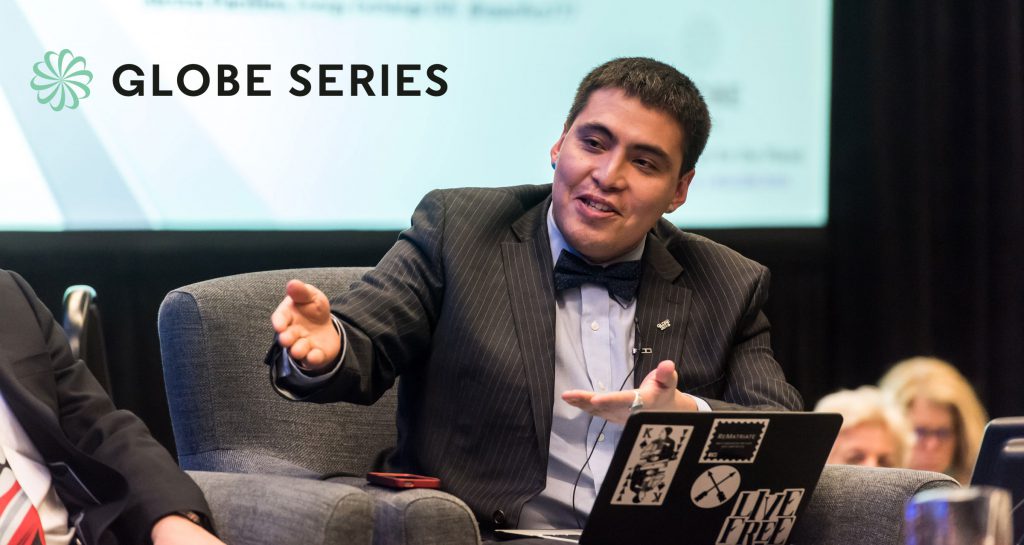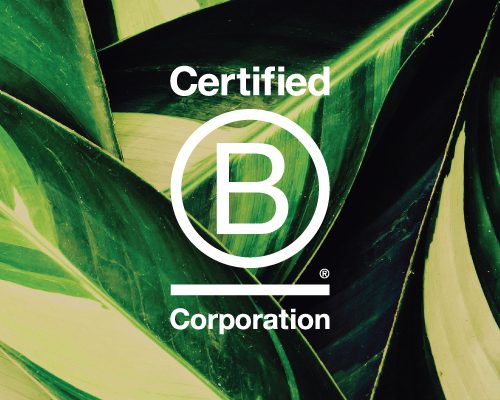By Steven Pacifico & Chris Henderson
The Truth and Reconciliation Commission made a clarion call for a new era of people-centered and respect-based relationships between Indigenous Communities and Canada. The Commission was a watershed moment for our country.
Can Canadian society “walk the talk” and embrace Real Reconciliation; notably in resource sectors such as energy, and particularly to advance clean energy development on traditional territory? We can and we should.
The core challenge is how reconciliation is embodied in new and emerging Indigenous – Business relationships that are respectful, thoughtful and impactful.
At the GLOBE Conference in Vancouver in March 2016 Indigenous and business leaders delved into the issue, in a collaborative manner with a large, engaged and connected group of 150 GLOBE delegates. Kudos to discussion leaders:
• Caleb Behn, Lands Director, West Moberly First Nations & Keeper of the Water Society
• Carol Ann Hilton, CEO Transformation
• Siegfried Kiefer, President & Chief Operating Officer, Canadian Utilities Ltd.
• Chief Gordon’s Planes, Chief of T’Sou-ke Nation & Board Member Land Advisory Board
• Max Skudra, Senior Manager Research, Canadian Council for Aboriginal Business
It was a frank, open and constructive dialogue. Speaker after speaker passionately spoke to their experience with Indigenous-Business relationships that more successful, profitable, and values driven when true engagement and partnership were embedded into clean energy projects.
Through insight and interaction, Seven Key Principles were articulated and affirmed to shape Indigenous-Business relationships for clean energy projects/ventures, and other resource sector opportunities.
- Formally recognize treaties and rights.
- Guarantee free, prior and informed consent.
- Develop new protocols of engagement for respecting values.
- Allow for the exploration of new partnership/ownership models.
- Develop new measures of success.
- Dedicate resources to build capacity on both sides. and
- Develop a new language and narrative of success.
- Formally Recognize Treaties and Rights: It will be critical for current and new Indigenous-Business relationships that treaties are settled with the Canadian Government in order to help depoliticize partnership negotiations and more easily explore business opportunities. Rights will need to be protected and jurisdictions must be recognized in order to provide certainty and stability to any clean energy project.
- Commit to Free Prior and Informed Consent: First Nation, Metis, and Inuit communities express their inherent right to self-determination which includes providing or withholding consent to projects and ventures. Free, prior and informed consent should be acknowledged and respected in any business relationship.
- Develop New Protocols of Engagement for Respecting Values: New business opportunities and partnerships require time to learn and appreciate Indigenous community values. At the onset of a relationship a protocol of engagement should be created which enshrines a mutual respect of these values throughout the process. It is important to note that all First Nation, Metis, and Inuit (FNMI) communities have different ways and values and one approach will not work for all communities; each Indigenous-Business partnership should be seen as unique and the engagement should be treated as such.
- Allow for the Exploration of New Partnership/Ownership Models: Many historic Indigenous-Business agreements are based on economic models from the past (i.e. one time payouts, royalties, benefit agreements, joint ventures). The successful Indigenous-Business relationships of the future will be based on economic partnership models where both parties have equity and decision-making authority.
- Develop New Measures of Success: The success of many Indigenous-Business partnerships are measured by economic performance indicators which do not always align with a community’s values. New social and environmental indicators must be included and measured to demonstrate the performance of a specific business opportunity.
- Dedicate Resources to Build Capacity on Both Sides: Not all businesses have the appropriate knowledge, understanding, and skills to work with Indigenous communities. Not all FNMI communities possess a full spectrum of technical knowledge, business acumen and skills to work with businesses. Projects and ventures benefit from processes which identify capacity gaps exist, and how to address these shortcomings.
- Develop a New Language and Narrative of Success: It is timely to develop a new, more positive and appropriate language and narrative around Indigenous issues across Canada. This is a longer term, systemic challenge for Canada that will require changes in our formal and non-formal education systems, government processes, business operations, and the media. The development of this new narrative and language should be led by Indigenous communities and peoples, and engage a broad cross-section of Canadian society. The lessons learned should be documented and shared widely as part of a continuous improvement model.




